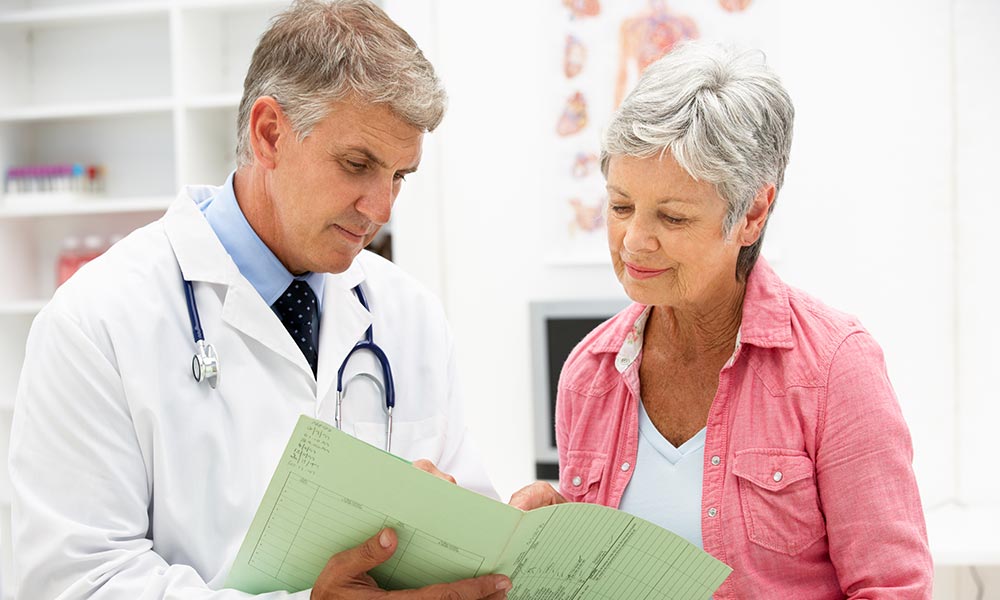
Health checks you shouldn’t skip in your 60s
Prevention is always better than cure and even more so as you grow older. Aside from monitoring your numbers – blood pressure, blood sugar, cholesterol and your weight, which should be a priority at every age – there are certain additional checks you’ll need to schedule at regular intervals in order to monitor your health effectively after 60.
1. Colorectal cancer
Your risk of developing colon cancer increases significantly after 50, so make sure to book a colonoscopy or similar screening at 50 and again every 10 years after that. If you experience the following symptoms, schedule an appointment with your GP immediately:
- A change in bowel habits – diarrhea, constipation
- Persistent abdominal discomfort – cramps, gas or pain
- The feeling that your bowel doesn’t empty completely
- Weakness or fatigue
- Unexplained weight loss
(Source: Cansa.org.za)
2. Skin cancer
South Africa is second only to Australia when it comes to the incidence of skin cancer, so head to your dermatologist once a year for a full-body exam.
3. Bone density
You probably already know that poor bone density results in osteoporosis, which can increase your risk of fracturing your spine, wrists, hip, pelvis and upper arms. What you may not know is that osteoporosis affects both men and women, so it’s important to schedule a test once you reach 65 – or earlier if you’re at a higher risk.
4. Hearing
According to the World Health Organization, around 466 million people suffer from disabling hearing loss globally. Of those, approximately one third are over 65 years of age, which sounds like an excellent reason to have your hearing tested regularly.
5. Vision
Regular testing is also important when it comes to your eyes as eyesight can degenerate in old age and cataracts, glaucoma and macular degeneration become more common.
6. Teeth
According to Webmd, gum disease can increase your risk of heart attack, so it’s crucial that you visit your dentist for regular check-ups and have your teeth cleaned by an oral hygienist every six months.
Men’s health
7. Prostate cancer
It’s estimated that 1 in 18 South African men will develop prostate cancer, so it’s vital that you book yourself in for a Prostate Specific Antigen (PSA) blood test, which is often done in combination with a digital rectal exam. CANSA recommends that you start screening at the age of 50 as early detection and treatment are important for a good outcome.
Women’s health
8. Breast cancer
Given that your risk of breast cancer increases with age, it’s important to continue to schedule regular mammograms. Chat to your GP or gynaecologist about how often you should get checked.
9. Cervical and vaginal cancer
Regular pap smears are recommended up to the age of 65. If, by the time you reach this age, you’ve had several consecutive pap smears without incident or you’ve had a hysterectomy (as long as it wasn’t for cancer-related reasons), your GP or gynae may be happy for you to stop. It’s also advisable to test for HPV every five years and have a pelvic exam which will be able to pick up issues like incontinence.
And don’t forget about vaccinations
It’s important to talk to your GP about being vaccinated against pneumococcal disease after the age of 65 as this can cause, amongst other things, pneumonia, meningitis, endo- and pericarditis and infections of the inner ear. And if you haven’t already been vaccinated against shingles (it’s advised after 50), make sure to schedule a jab sooner rather than later.




